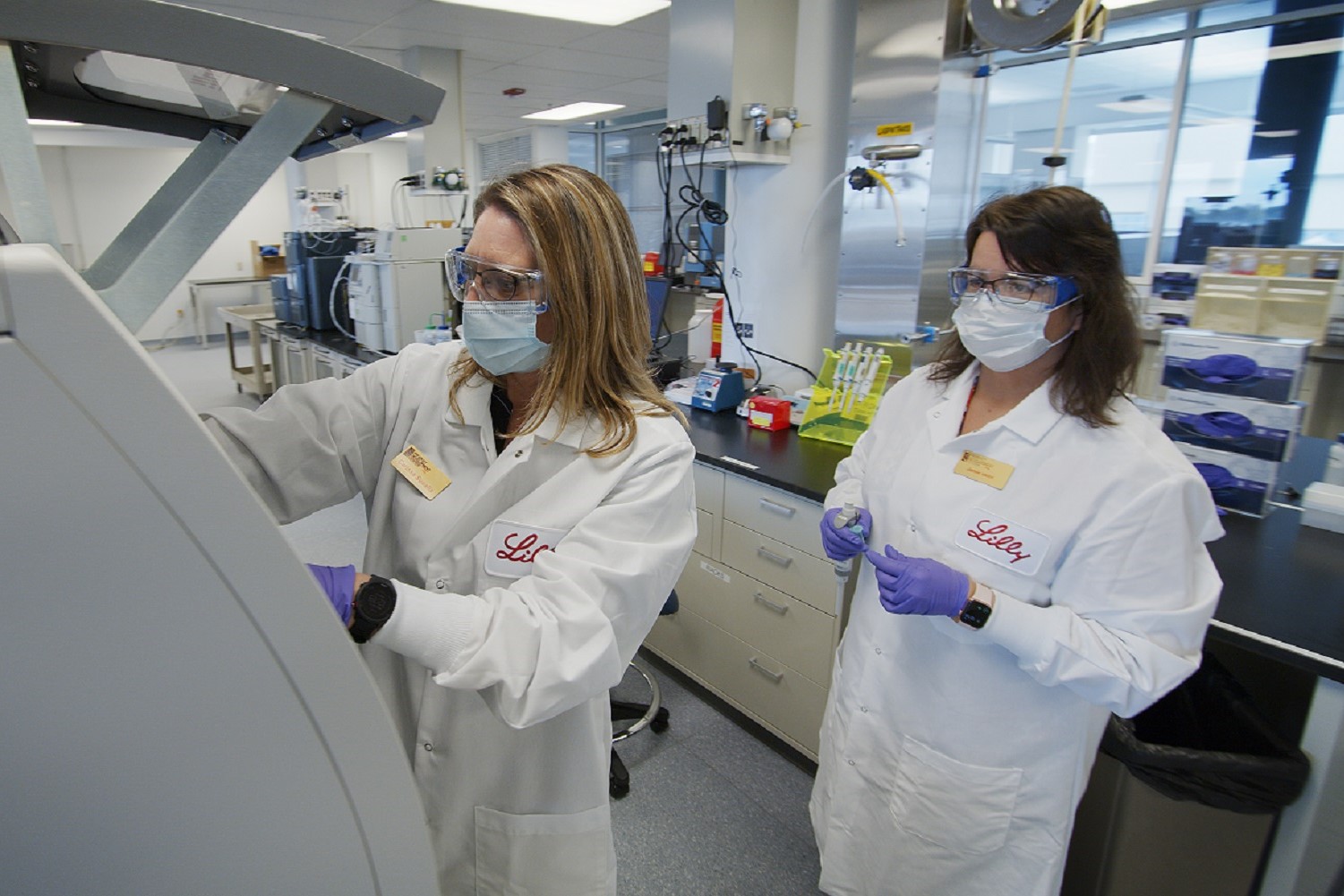
As the population ages, the healthcare industry must examine how it will approach the changing medical climate.
BDO recently released a survey of 487 NEJM Catalyst Insights Council members, including executives, clinicians and clinical leaders. Conducted in March, the study is called “Candid Conversations on Elder Care” and looks at where healthcare organizations are investing in the realm of elder care.

With the Rise of AI, What IP Disputes in Healthcare Are Likely to Emerge?
Munck Wilson Mandala Partner Greg Howison shared his perspective on some of the legal ramifications around AI, IP, connected devices and the data they generate, in response to emailed questions.
By 2020, 44 percent of respondents said they’ll invest most in home health. Forty-four percent also said they plan to invest in palliative care, and 39 percent will invest in geriatric caretakers. On the opposite end of the spectrum, only 5 percent indicated plans to invest in inpatient rehab.
“Seniors are projected to make up more than 20 percent of the total population by 2029 and healthcare organizations are facing pressure to curb healthcare spending, which is reflected in provider investment plans by 2020,” Steven Shill, assurance partner and national leader of the BDO Center for Healthcare Excellence & Innovation, said via email. “The costs are often far lower and outcomes far better from caring for elders in the home health setting.”
Technology has a role to play as far as senior care is concerned. Sixty-three percent of respondents believe home-based care is the area most poised for tech disruption by 2020. Fifty-eight percent pointed to care coordination, 24 percent said drug pricing and 24 percent said delivery of services.
More specifically, survey respondents think that over the next two years, technologies like transportation coordination, telemedicine and wearables/connected devices will improve the quality and safety of elder care.
David Friend, chief transformation officer and managing director of the BDO Center for Healthcare Excellence & Innovation, explained why.
“Transportation coordination apps, telemedicine capabilities and wearables can help healthcare organizations overcome the social determinants of health most crucial to improving elder care — familial support and access to transportation,” he said via email.
Speaking of social determinants, healthcare executives are also bringing technology into the picture to help work on specific aspects of senior care. Sixty-three of respondents percent believe familial support is a social determinant that’s crucial to improving elder care. Forty-four percent cited access to transportation as a key determinant, and 39 percent listed housing.
Friend had a few examples of where tech can mitigate the negative impacts of a lack of familial support or transportation. Internet-connected door locks and at-home cameras can allow seniors’ family members to remotely monitor their loved ones, while connected devices enable older patients to visit with their families. Apps like Uber and Lyft have already made a dent in easing the burden of traveling to and from healthcare appointments, Friend said.
Photo: nullplus, Getty Images














